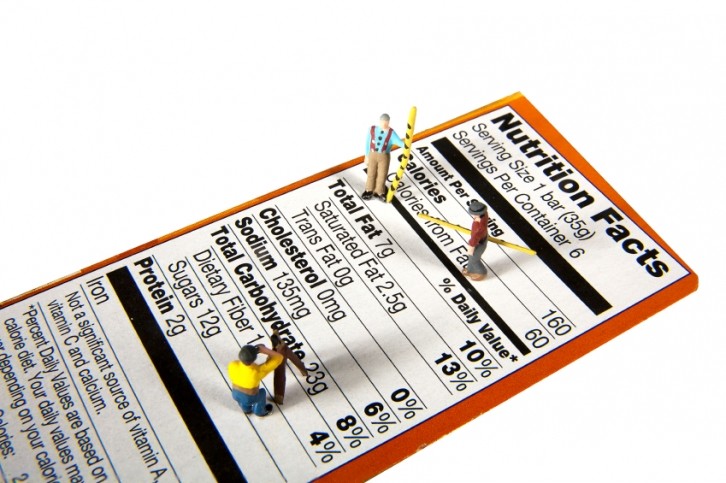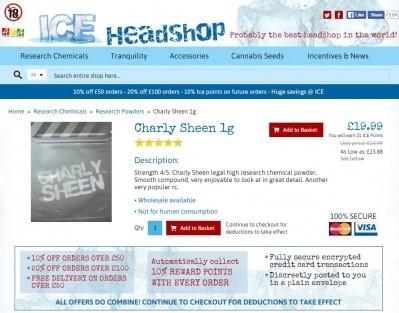Norway publishes 12/44 ‘other substance’ risk assessments

The Norwegian Scientific Committee for Food Safety (VKM) has published opinions on:
- Caffeine
- Coenzyme Q10
- EPA
- DHA
- DPA
- D-glucurono-γ-lactone
- Inositol
- L-cysteine
- L-cystin
- L-carnitine_L-carnitine-L-tartrate
- Taurine
The opinions followed a request from the Norwegian Food Safety Authority in May this year for VKM to assess the safety of 44 ‘other substances’ whose use is yet to be defined within EU food law.
Unregulated. Really?
Dr Mark Tallon, managing director of UK consultancy Legal Foods, told us the opinions were in line with those of the European Food Safety Authority (EFSA) and took issue with VKM’s stance that the substances were unregulated.
“I have concerns when EU member states use blanket comments such as ‘Other substances remain largely unregulated’,” Dr Tallon said. “There is a general obligation to place only safe foods on the market and as such companies are obliged to ensure they do this and can defend the dose and form of substance placed in their foods.”
He added: “The issue really is about ‘harmonisation’ of dose and specific ingredients and the free movement of foods.”
9-year glitsch?
The term 'other substances' refers to ingredients with a nutritional or physiological effect that are not vitamins or minerals.
At EU level, these substances fall within the scope of the 2006 European Regulation on "the addition of vitamins and minerals and of certain other substances to foods".
This regulation sought to harmonise differing national rules on vitamins, minerals and other substances which impeded the free movement of these foodstuffs.
However, the EU project to set safe upper limits for vitamins and mineral was grounded in 2009, with the European Commission since saying there were no immediate plans for its relaunch amid debates about nutrient levels and profiles for certain products.
The other substances have not had intake levels established at an EU level and so regulation continues on an EU member state by member state ad-hoc basis.
Industry response
Dr Tallon said industry should monitor reports like the one from Norway and be ready to provide an effective response if such assessments are “lacking in efficacy and/or unnecessarily restrictive.”
“The potential list of 44 substances to be assessed gives some concern to daily dose restrictions. As an example beta-alanine maybe limited to a dose of between 1000-2000mg/day. Such a restriction could impact the efficacy of using such a product and would not be in-line with the published literature on the safety and toxicity of this product.”
“However, until we see the opinions on all 44 substances brought about following the request of the NFSA we do not know what data would underpin such limitations.”
Beta-alanine has been rejected for mostly endurance and energy claims 13 times under the strict EU nutrition and health claims regulation (NHCR).
















